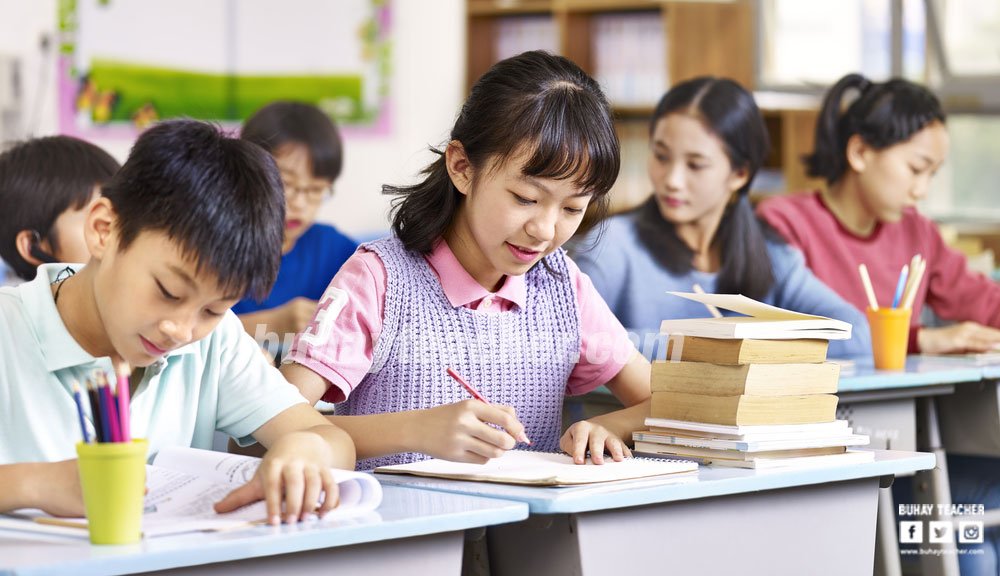If there’s one race on Earth that is known for their intelligence, strong health, and wellness, they are the Japanese people. The world looks at them as a unique nation that is sometimes different from the rest of the world. One of the most distinct characteristics Japan has, is their incredibly cool education system.

In Japanese schools, students don’t take any exams until they reach the fourth grade or at the age of 10. And it’s for a very good reason. Japan believes that the goal for the first three years of school is not to judge the child’s knowledge or learning but to establish good manners and develop character. The Japanese scholars teach manners before knowledge. Isn’t that cool?
During the course of the first three years of schooling, Japanese children are being taught to respect people and to be gentle to animals and nature. At a very young age, they also learn to be generous, compassionate, and empathetic. Other skills that are being taught at these period are grit, self-control, and justice.
Even though it might sound too early for children to learn all these skills, Japanese people like to start early that’s why it is not unusual for them to excel in different fields such as Mathematics, Science, and the advancement in technology.

A Truly Admirable Educational System
Japanese schools also put emphasis on developing responsibility among learners and ensure that the children are capable of cleaning, caring, and being polite. In fact, Japanese students are the ones who clean their own classrooms, cafeterias, and even toilets throughout the year without the need to hire a janitor or custodian to do it for them.
Japanese schools believe that allowing students to clean their own classrooms and other school areas teaches them to appreciate each other’s work and to learn how to respect the work of other people.
Strict uniform policies are also implemented among Japanese schools. They believe that wearing uniform eliminates social barriers among students and that it helps promote a sense of community.
Aside from the aforementioned characteristics of Japanese schools, it is also worth noting that behind their unique school system, the attendance rate in Japanese schools are incredibly high at 99.99%. They also don’t skip classes or arrive late at school. In fact, 91% of Japanese students reported that they rarely ignored what their teacher have lectured. (Meanwhile, in the Philippines…)
These are just few of the admirable characteristics of the Japanese educational system that are worth emulating. Good manners and character are two of the most notable struggles of modern day Filipino teachers in dealing with their learners. If Japan has successfully done it for their students and for their country, I certainly believe we can also follow suit because, why not?
Source/Credits: Bright Side / The Hearty Soul




Interesting article. I wish the United States would follow this concept. I’m sure the U.S. government would show a lack of interest in such a win win school program. Knowing them, they’d say manners should be taught at home.
In my country, children start writing examination at once they clock 2 years old. Ridiculous right?
[…] emphasis on morals is shown in the fact that there are no exams for young kids up till the age of 10 years; all they have to do is learn the basics of being kind and caring human […]